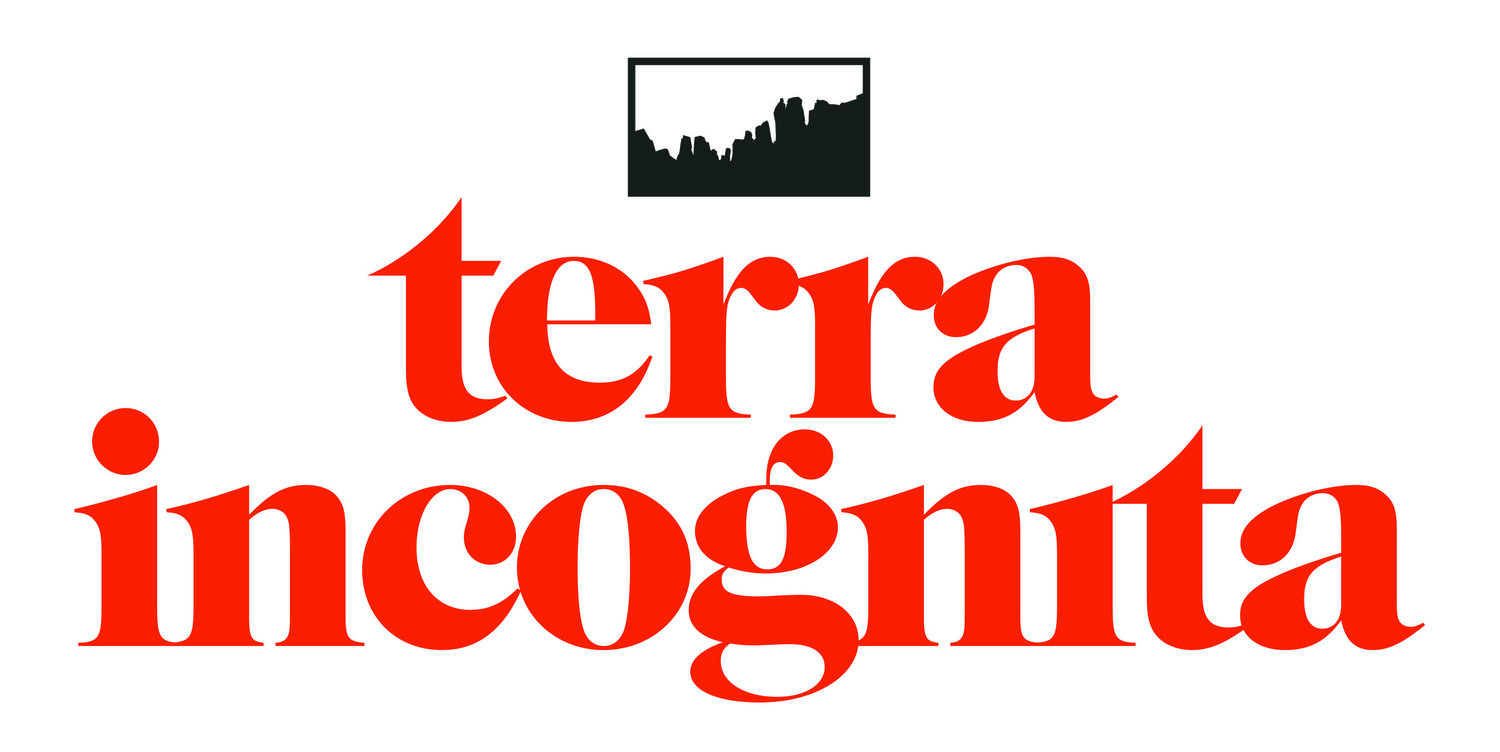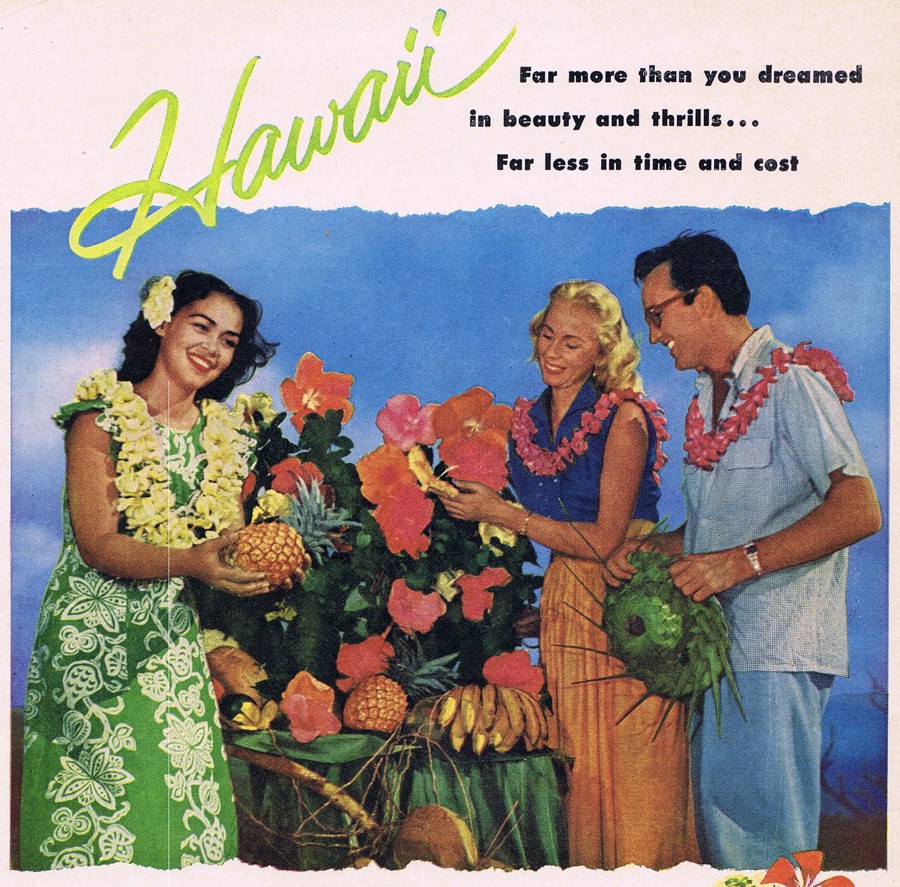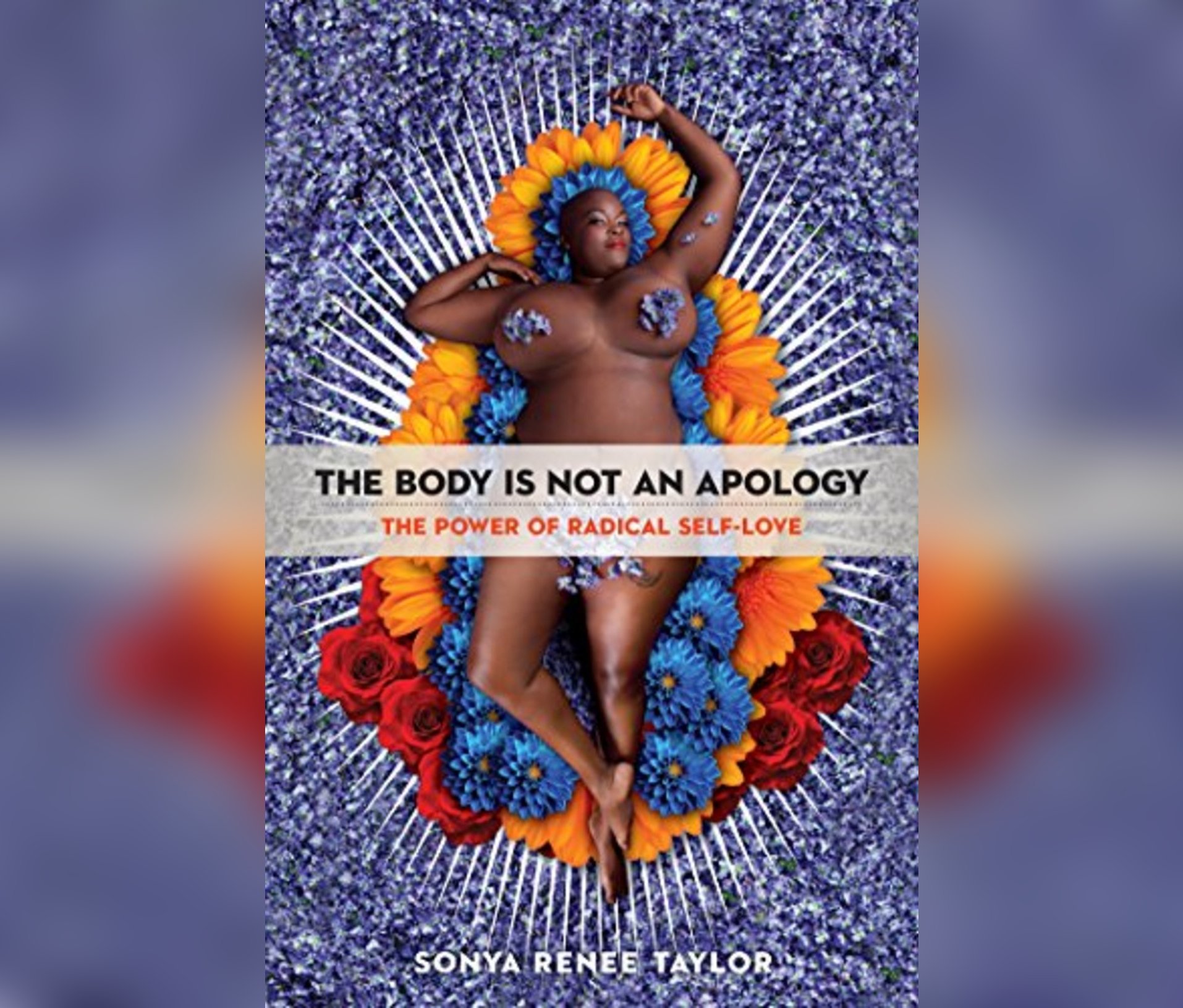"Slaydies"... Just No: White Women We Need to Gather Our People
White women co-opted the #MeToo movement and now we are at it again with the word, "Slay." Elite climbing athletes, Emily Harrington, Margo Hayes, and Paige Claassen, starred in a short marketing video titled, "Slaydies," for La Sportiva, an Italian climbing company. Technically, the athlete's Instagram followers dubbed these women "Slaydies," because as they explain in the video, they were trying to figure out a hashtag to go along with their ladies trip to Spain. What these women obviously do not realize is that the term, "slay," coming out of the mouths of white women, is appropriating African American Vernacular English (AAVE).
Maybe she's born with it. Maybe it's white privilege! Margo Hayes, Emily Harrington, and Paige Claasen. Image via La Sportiva.
As a white woman, I have been guilty of using AAVE too, but we need to make a collective effort to stop appropriating a language that is not ours to take, a language that was created because colonizers forced African people to stop using their own, varied, and rich languages, a language that when spoken by Black people gets immediately judged as lower-class, less than, and crude. But in true appropriative fashion, when white people use AAVE it is seen as humorous, cool, or hip. White ignorance does not excuse us from being responsible for the damaging impact. In the "Slaydies" film, things are even further problematized due to the fact that these are upper-middle class, cishet, able-bodied, white women going on a paid trip to "explore" and climb in another country.
Beyoncè popularized the term "slay" in her song, "Formation," for black femmes. In an essay from The Crimson titled, "Slay," Madison E. Johnson, writes about the significance of the music video and Beyoncè's word choice:
"...She stands atop a New Orleans cop car, her fist in the air, and then she sinks below the surface of the water with it. What the white queer folks who relentlessly appropriate black culture don’t understand about the word 'slay' is that sometimes, this is what slaying looks like. Beyoncé is unbelievably wealthy and privileged, but she understands that for her people this is a slay-or-be-slain world. Literally...And so, just before the video ends, we see the words 'stop shooting us' scrawled in graffiti. And once again, there is a line drawn: someone doing the telling, and someone being told."
Police brutality is a feminist issue and when white women are using the word, "slay," to describe how they "get after it" while rock climbing, it is completely ignoring why this word has come into colloquial use. White supremacy is slaying Black people, which means that all white people are complicit in our American systems that value whiteness over Blackness. If white people are not fighting against this, we are complicit in this. And even when white people fight against white supremacy, we can still be contributing to, and upholding it. It's almost impossible for white people to avoid doing so, but this is exactly why we need to be vigorous in our fight against it. No one said it was going to be easy. The historical process of dismantling anti-Black racism is long and messy, but it is a necessary fight.
In the film, "Slaydies," the word "slay" has been taken so far out of context and inserted into a Westernized climbing trip to Spain. Before I hit "play," I was ready to be bored out of my mind just like I am when I hear Tommy Caldwell speak about the Dawn Wall for the umpteenth time in a row. He literally says the same thing everytime: his missing finger, being held "hostage," (bro, why the hell were you in Kyrgyzstan?!), the struggles of being a Dad who leaves his wife at home with baby so he can then use it as fodder to make himself look all #notallmen, but in reality this is the definition of patriarchy (that's for another essay), and something about achieving your dreams if you are a white, middle class, able-bodied male.
In "Slaydies," to make matters worse, the athletes are sporting the appropriated version of cornrows: "boxer braids."
Listen to Rebekah Huston, aka OnlyBlackGirl, talk about the symbolism of Black hair and the oppression of taking Black hairstyles, on her YouTube channel. There are deeply rooted cultural meanings when it comes to Black hair, not to mention the deeply embedded culture of violence that has prevented Black women from wearing their hair however they want. For white women to now take on a Black hairstyle as a fashion accessory is a slap in the face to the centuries of slavery, rape, and abuse that Black women have experienced for simply existing. Spend time on Hutson's blog as a great resource for learning more about this.
Harrington, Hayes, and Claasen talk about the food, they talk about the "old farms," and of course, the rock, but nothing about the people living in that rural landscape or the impacts of tourism. Bani Amor, a prolific queer travel writer, has written extensively on decolonizing travel culture. Amor interviews a fellow travel writer, Abena Clark, author of the blog, Moving Black. The two talk about the issues of accessible travel writing. Clark says,
"Travel writing has a troubled history. The tradition of travellers’ tales is deeply rooted in the period of imperial expansion in Europe, it is closely linked to colonialism and ‘scientific’ racism. Travel writing, like early anthropology, provided evidence of white superiority through its representation of the exotic as barbaric, or lascivious or simply ‘other’. It played a key role in creating a popular imagination in which people are sufficiently characterised as so different, their lifestyles and cultural practices so alien, that they’re not fully human, and thus, with their humanity diminished bit by bit, story by story, you arrive at a world where brutal barbaric invasions are romanticised as bringing civilisation!"
“From the Cape to Cairo. Tough the Process Be Costly, The Road of Progress Must Be Cut.” Udo Keppler, Puck, December 10, 1902. Source: Library of Congress
Too often when white westerners travel it is done through anti-acknowledgement of what it means to be traveling to that particular place at that particular time in history. What happens when we create media without considering the implications of the identities that the travelers hold? Power, privilege, place, and identity carry deep significance and they cannot be ignored. It must be addressed: what is the impact, or, what are the impacts, of three western white women traveling and climbing?
There are many issues with the film as it is all shot in much the same way any mainstream travel media is, through the erasure of history and without any current political context. The short film opens with all three women casually sauntering out of their beautiful Majorca rental, and I nearly spit out my coffee when I heard one of the "Slaydies," say: "Majorca is muy tranquilo." Which Slay-dy, (Slaydy? Slaydie?) was it? It doesn't really matter. Maybe the Slaydies are fluent in Spanish, I don't know. But as an opening line in a movie about three western, white, able-bodied, cishet, thin women, going on a climbing vacation to Majorca, to speak Spanish and then never once mention anything about the rich history of the place, and not even to mention anything about the current issues going on, is the epitome of the western gaze. I wouldn't describe the recent events in Spain as "tranquilo," so it is evident that these women did not do their research. But why would they? They are just there to climb, right? There's nothing political about climbing! Says only the most privileged white people.
Spain is bursting at the seams with tourists. According to an article published in The Guardian in May 2016, "The three main Balearic islands of Ibiza, Mallorca and Menorca have become the second-biggest destination in the Med[iterranean] for cruise ships...The Balearics, with a permanent population of 1.1 million, had 13 million visitors last year." The problem has been exacerbated to this day, now almost two years later in 2018.
Grup Balear d'Ornitologia, which translates to the Balearic Ornithological Group (GOB), fights to protect the natural and cultural values of many sites throughout Spain, as well as the biodiversity, all things that have experienced dramatic changes due to the tourist industry since the mid twentieth century. Recently, the GOB protested over-exploitation due to holiday rental zoning schemes in Majorca. The negative affects of mass tourism have already had a global impact. Energy, waste, water purification, and road infrastructure are at their limits. One of the more shocking statements of the report from the Majorca Daily Bulletin cites a recent study by the University of the Balearic Islands, "which shows that the islands have the highest index of tourist density in the world. An incursion of tourist uses into residential areas, GOB claims, is turning the whole island into a 'hotel'."
An image of the GOB protesting in 2016 via Majorca Daily Bulletin.
Last Fall, the entirety of Spain was thrown into disarray as tens of thousands of people were fighting for Catalan independence, all the while experiencing horrendous police brutality for going to the ballots to vote against the sustaining rule of the Spanish government. "In one polling station in Barcelona, witnesses said police used axes to break down doors, fired rubber bullets, one of which hit a voter in the eye, and charged the crowds outside," reported Alasdair Fotheringham for The Independent. For three months the Spanish government deployed 6,000 state police and Civil Guards to Catalonia. The city was relieved of this mass influx of armed forces after the elections revealed the Nationalists' return to power.
When hearing the words, "muy tranquilo," I immediately wondered, muy tranquilo for who? Taking into consideration the current events in Spain and Majorca, nothing about it says "chill" to me. These elite athletes traveling to Majorca to climb, grew up white, middle or upper class, and able-bodied in America, which means that yes, their life is very "tranquilo" in comparison to many. It means that they can take a place like Majorca, which has many social and environmental issues going on, and paint it as a "paradise." The word "paradise," trivializes the very dire circumstances that tourism has created. These athletes, because they are tourists, contribute to this.
Police turn on their citizens in Spain via Daze.
Calling Majorca a "paradise," is to exoticize the place. This language creates a dynamic of ordinary, being the place the tourists came from (America/the West), vs. extraordinary, being the places they are traveling to ("foreign" countries like Spain). Ultimately, this strips a place of its humanity, culture, history, and context. It marks it as "different" and otherizes the place, the people, the land, and the issues going on. It creates a vacuum out of their experience, instead of contextualizing their presence. It makes them innocent, passive observers to this "otherworld," instead of assuming the responsibilities of actively contributing to the affects of tourism and colonization.
Being on vacation outside of the U.S. does not exempt you from being complicit in the ongoing oppression that exists in the world. Even having the ability to travel outside of the U.S. and to be able to return to the U.S. without question, while co-opting the word "slay" to describe your white lady climb trip, is a brazen show of the benefits that come from the system of white supremacy. In the context of white American women traveling to another country and "slaying" in what their western gaze calls "the wilderness," this "Slaydies" video is all a veneer for ongoing colonization. "Slaying" for these white women means dressing up in the latest athletic gear, taking a free trip to another country, and making nature a spiritual escape to bond and "empower" themselves. For white men it usually means making nature their bitch. The two scenarios are unique to their respective identities as women and men, but both are rooted in white supremacy.
The women have made an island of themselves, but John Donne was right, "No [W]oman is an island." This is not to say that we should expect these women to become full-fledged social justice activists, but it is to encourage more social and political awareness out of anyone who travels and makes media. This short film is parading around as "women empowerment," but it's completely embedded in white supremacy. It is not empowerment if it comes at the expense of telling the whole truth, evading historical context, and failing to acknowledge the power dynamics inherent in being a westerner and an elite climber in Spain. All of these things could be applied to almost every other climbing/outdoor sport/travel media.
When I approached Tommy Caldwell last September about his lack of acknowledgement for the original inhabitants of the places he climbs, and for his ignorant gallivanting in Kyrgyzstan, I also asked him about his thoughts on whiteness. It is imperative that white males who travel think about the things that Bani Amor brings up in their essay, The Fragility of the Western Traveler:
"They generally have more money to spend on travel, more time to take off from work, less responsibilities to family, powerful passports, and few barriers to acquiring visas and are not criminalized by the TSA, are less vulnerable to policing and sexual harassment, and besides not having to worry about being treated like a human being wherever they go, are treated like rock star royalty in the developing world, where their dollars triple. And when traveling is a cakewalk to you, feeling entitled to it naturally follows."
Tommy Caldwell pictured on the Dawn Wall probably not thinking about the original inhabitants, the Ahwahneechee people, of Yosemite. Via Adventure Journal.
In our follow up phone conversation a few weeks later, Caldwell told me that he didn't think talking about racism was an issue that was his to talk about. This is the impediment for most white folks and it is exactly the thing that keeps the structure of white supremacy in tact. The privilege to not think that racism is your issue, is the privilege of whiteness. The questions I asked Caldwell are questions I have for Alex Honnold, Conrad Anker, Lynn Hill, Steph Davis, Alex Megos, Kitty Calhoun and all the others. These are questions I have for anyone who uses climbing as an excuse to paint any place inside or outside of the U.S. as a "destination," "exotic," "other," or "paradise."
I am seeking a world of reparations for Black, Indigenous, and all people of color where we acknowledge the land we are on and the people who were there before us. I seek a world where we have all kinds of womxn being represented. I seek a world where white people are accountable for their position of power and the space they take up. It is not revolutionary to see able-bodied, cishet, white women climb hard. This is white feminism and I'm over seeing it in mainstream media. There's nothing "women-empowerment" about this because if it's only empowering for white women then it's not doing anything for anyone.
We need to look at these things critically. It's not "just a video," it's not "just a song," and it's not "just a word," because these things carry meanings and real-life outcomes for marginalized people. When Black people speak in AAVE there are very real tangible barriers to the resources that they need like jobs, culturally sensitive healthcare, general respect, home loans, etc. If white people actively work against white supremacy (appropriation is a tool of white supremacy), then we would be that much closer to seeing equitable outcomes for marginalized communities.
As Kim Kelly writes in her essay titled, Gather Your People: White Women Must Hold Each Other Accountable for Racism, published in one of the greatest media outlets of all time, Bitch Magazine: "The task of dismantling white supremacy rests on the shoulders of those who benefit most from it. It’s on us to confront racist, white supremacist white people who assume they can count on us to smile along or stay silent when they step out of line; it’s on us to ditch that poisonous 'color-blind' worldview and understand the ways in which race, identity, and political/social power intersect; it’s on us to publicly, materially, enthusiastically, and genuinely support people of color, to confront and interrogate our own internalized racism and learned prejudices without expecting people of color to educate us."
So, let's go, my white sisters. Let's gather our people.
Additional Resources:
Image via BaniAmor.com




















